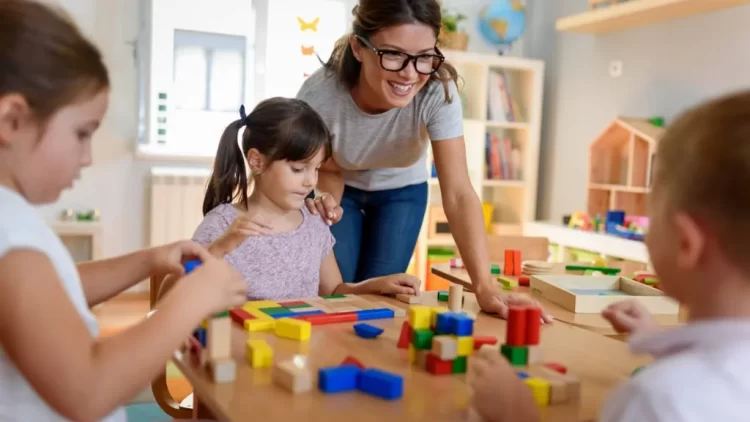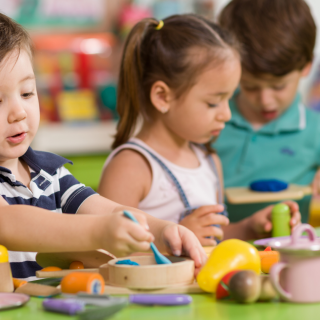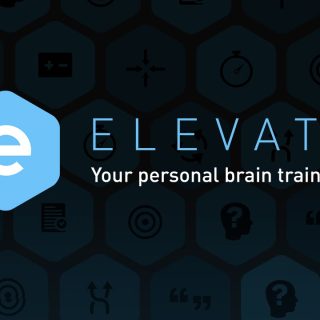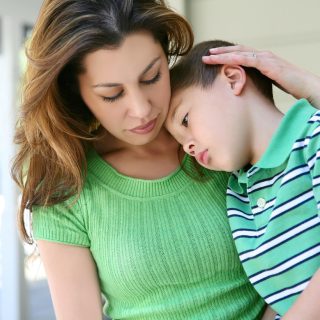Nurturing Young Minds: The Significance of Early Childhood Education
Introduction
Early Childhood Education (ECE) lays the foundation for a child’s lifelong learning journey. In these formative years, young minds are like sponges, absorbing knowledge, values, and social skills. This article explores the pivotal role of Early Childhood Education, emphasizing its impact on cognitive, emotional, and social development, and how it shapes the future of individuals and societies.
1. Cognitive Development: Building Neural Pathways
ECE programs focus on stimulating cognitive development through age-appropriate activities. Early exposure to letters, numbers, and problem-solving activities enhances cognitive skills. Moreover, activities that encourage exploration, creativity, and imaginative play contribute to the development of neural pathways, fostering a child’s ability to think critically and solve problems creatively.

2. Emotional Intelligence: Fostering Social and Emotional Skills
Early childhood is the time when emotional intelligence begins to blossom. ECE environments provide a safe space for children to express their emotions, learn empathy, and develop interpersonal skills. Through interactions with peers and teachers, children learn to manage emotions, resolve conflicts, and build positive relationships, laying the groundwork for healthy emotional intelligence that will benefit them throughout life.
3. Social Development: Learning Through Play and Interaction
Play-based learning forms the cornerstone of Early Childhood Education. Play allows children to explore social roles, develop language skills, and understand social norms. Group activities promote teamwork, cooperation, and communication, essential skills for future social interactions. Early social experiences help children learn to share, negotiate, and respect others’ perspectives, shaping them into socially adept individuals.
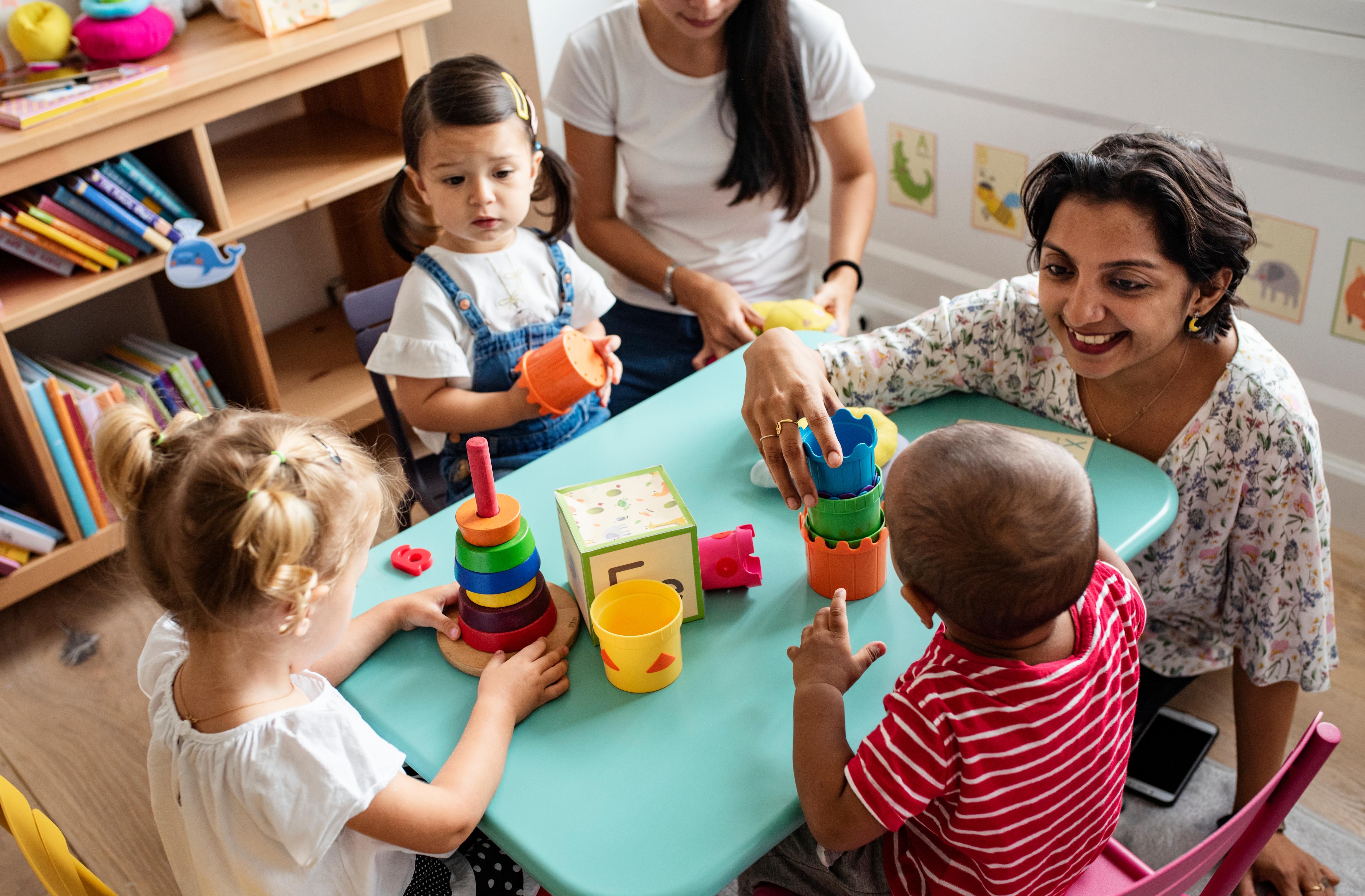
4. Language Acquisition: Building Communication Skills
ECE programs focus on language-rich environments where children are exposed to diverse vocabulary and language structures. Storytelling, songs, and interactive games enhance language acquisition, helping children develop strong communication skills. Early exposure to literacy not only prepares children for formal education but also instills a love for reading and learning, setting the stage for a lifelong passion for knowledge.
5. Preparedness for Formal Education: Bridging the Gap
Quality Early Childhood Education bridges the gap between home and formal schooling. Children who attend ECE programs are better prepared for the challenges of formal education. They enter school with a strong foundation in basic academic and social skills, making the transition smoother. Early education equips children with essential skills such as concentration, listening, and following instructions, ensuring they have a positive start in their academic journey.

Conclusion
Early Childhood Education is not just a stepping stone; it is the bedrock upon which a child’s future is built. By focusing on cognitive development, emotional intelligence, social skills, language acquisition, and preparedness for formal education, ECE programs empower young learners to navigate the complexities of the world with confidence and competence. Investing in high-quality Early Childhood Education is an investment in the future, shaping individuals who are not only academically proficient but also emotionally intelligent, socially adept, and lifelong learners. As societies recognize the significance of these early years, they pave the way for a brighter future, one where every child has the opportunity to thrive and reach their full potential.

